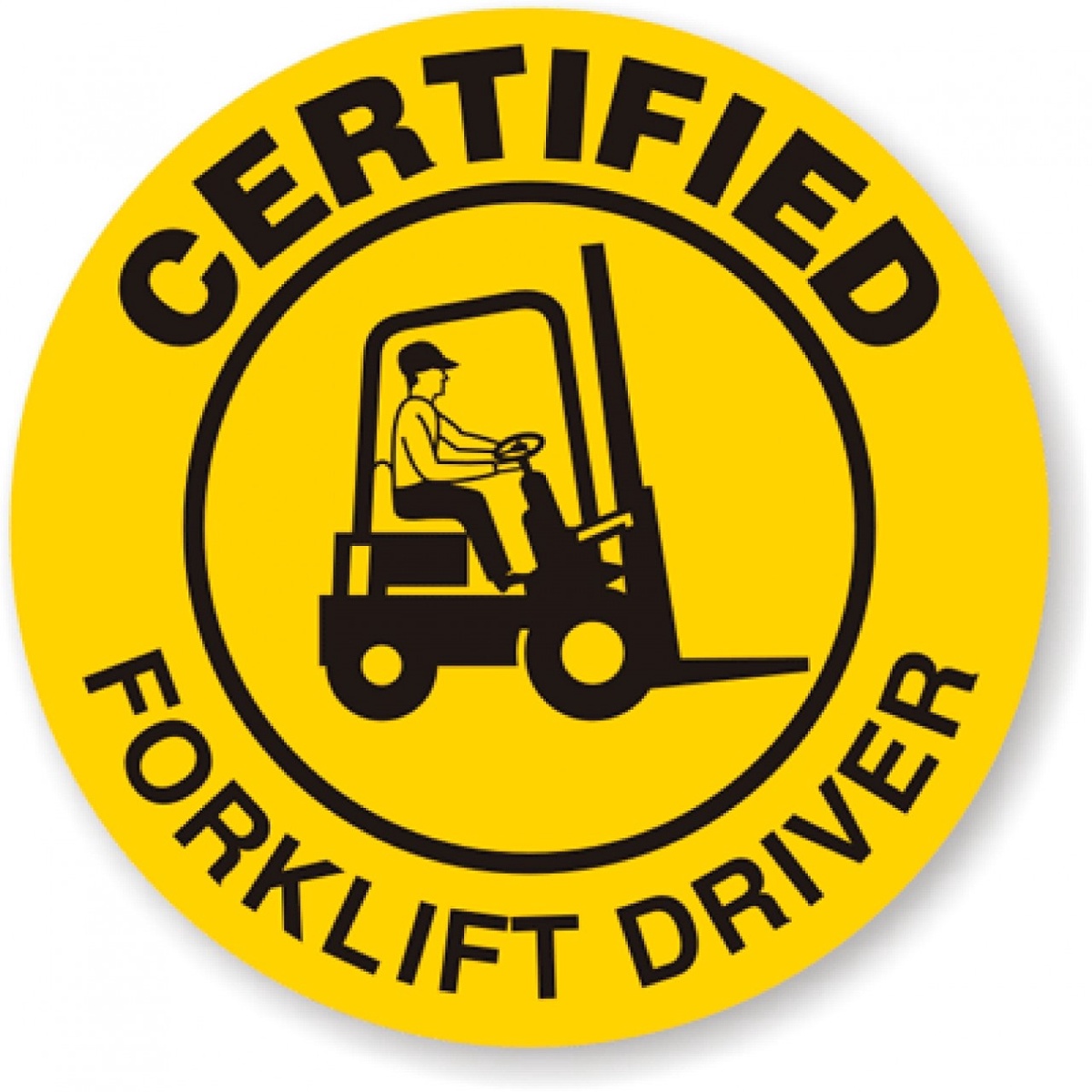In the fast-paced world of industry and logistics, forklifts play a pivotal role in ensuring efficient material handling and distribution. However, operating a forklift without proper training and certification can lead to hazardous accidents and workplace injuries. This article, presented in collaboration with experts in forklift safety and certification, aims to provide a comprehensive guide to forklift certification, highlighting its importance, the certification process, and its impact on workplace safety.
Why Forklift Certification Matters
Ensuring Operator Competence
Forklifts are powerful machines that require skill and precision to operate safely. Forklift certification is a testament to an operator's competence, confirming that they have received proper training and are aware of the best practices for operating this heavy equipment. This competence is crucial for the safety of the operator, co-workers, and anyone else in the vicinity.
Legal Requirements
In many countries, including the United States, forklift certification is not just a good practice; it's a legal requirement. The Occupational Safety and Health Administration (OSHA) mandates that all forklift operators must be certified to operate these machines. Failure to comply with these regulations can result in severe penalties for both employers and operators.
Reducing Workplace Accidents
One of the primary reasons forklift certification is essential is its role in reducing workplace accidents. Untrained or improperly trained forklift operators are more likely to make mistakes that can lead to accidents, injuries, or even fatalities. By ensuring that all forklift operators are certified, employers can significantly lower the risk of such incidents.
The Forklift Certification Process
Formal Training Programs
Forklift certification typically begins with a formal training program conducted by certified instructors. These programs cover various aspects of forklift operation, including:
Safety Procedures: Understanding safety protocols and guidelines to prevent accidents.
Equipment Familiarization: Learning the different types of forklifts and their specific features.
Load Handling: Techniques for safely lifting, transporting, and stacking loads.
Maintenance Knowledge: Understanding basic maintenance to keep forklifts in optimal condition.
Emergency Procedures: Knowing how to respond to emergencies and handle unforeseen situations.
Hands-On Training
While classroom learning is essential, hands-on training is equally crucial. Trainees must demonstrate their ability to operate a forklift safely under the supervision of a certified instructor. This practical experience helps reinforce the knowledge gained during the formal training program.
Written Examination
Following the training, individuals are required to pass a written examination to assess their understanding of forklift operation principles, safety guidelines, and regulations. A passing score on this exam is a crucial step towards certification.
Practical Evaluation
In addition to the written test, a practical evaluation is conducted to evaluate the trainee's ability to operate a forklift safely and effectively. This evaluation involves tasks such as maneuvering the forklift, lifting and stacking loads, and adhering to safety protocols.
Certification Issuance
Upon successful completion of the training, written exam, and practical evaluation, a forklift certification is issued to the operator. This certification serves as proof of competence and compliance with legal requirements.
The Impact of Forklift Certification on Workplace Safety
Reduced Accidents and Injuries
Forklift certification significantly reduces the risk of accidents and injuries in the workplace. Certified operators are well-versed in safety procedures and are less likely to engage in risky behavior while operating a forklift. This translates to a safer work environment for everyone involved.
Compliance with Legal Standards
Employers who ensure that all forklift operators are certified demonstrate their commitment to safety and compliance with OSHA regulations. This not only protects employees but also shields the organization from legal repercussions and potential fines.
Enhanced Productivity
Certified forklift operators are more efficient and productive in their tasks. They can handle materials with precision and confidence, leading to smoother operations and faster throughput in warehouses and distribution centers.
Improved Employee Morale
Knowing that their workplace prioritizes safety through proper training and certification, employees tend to have higher morale. This, in turn, can lead to a more positive work environment and better job satisfaction among staff.
Forklift certification is not just a formality; it is a critical component of workplace safety and efficiency. By ensuring that all forklift operators are properly trained and certified, organizations can protect their employees, comply with legal standards, and enhance overall productivity. Remember, safety should always come first, and forklift certification is a vital step in achieving a safer and more efficient workplace.


No comments yet